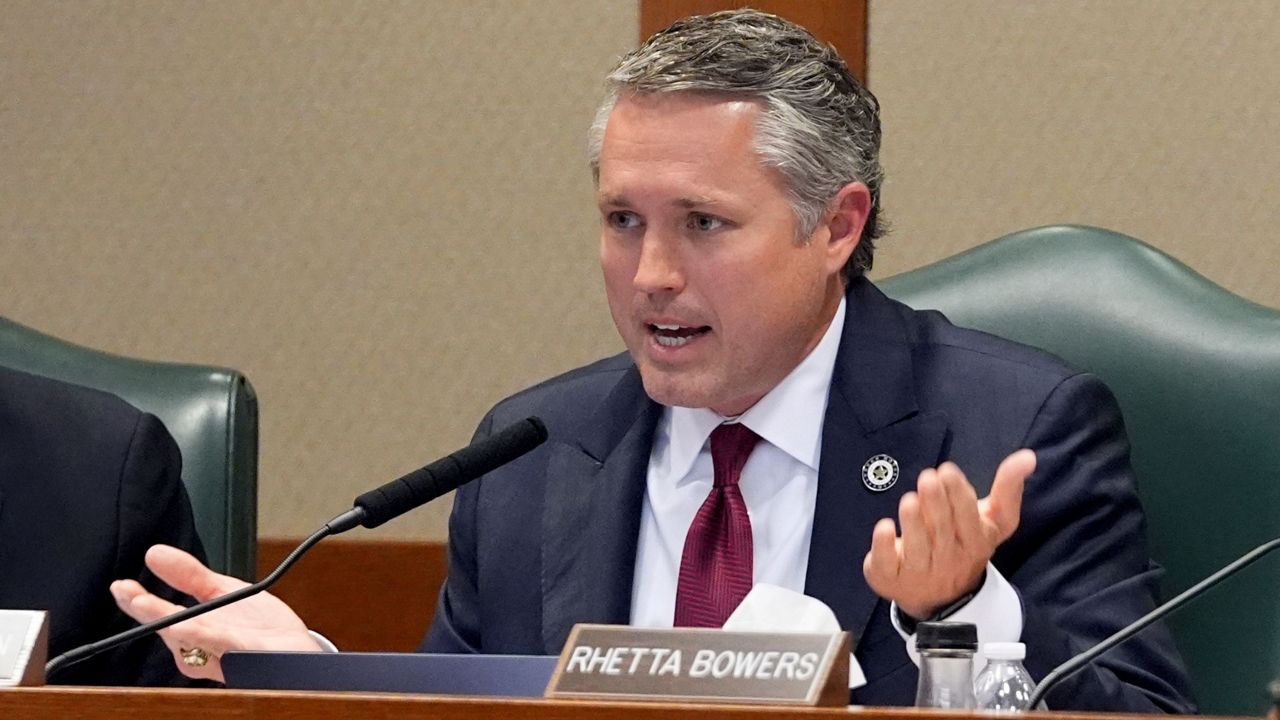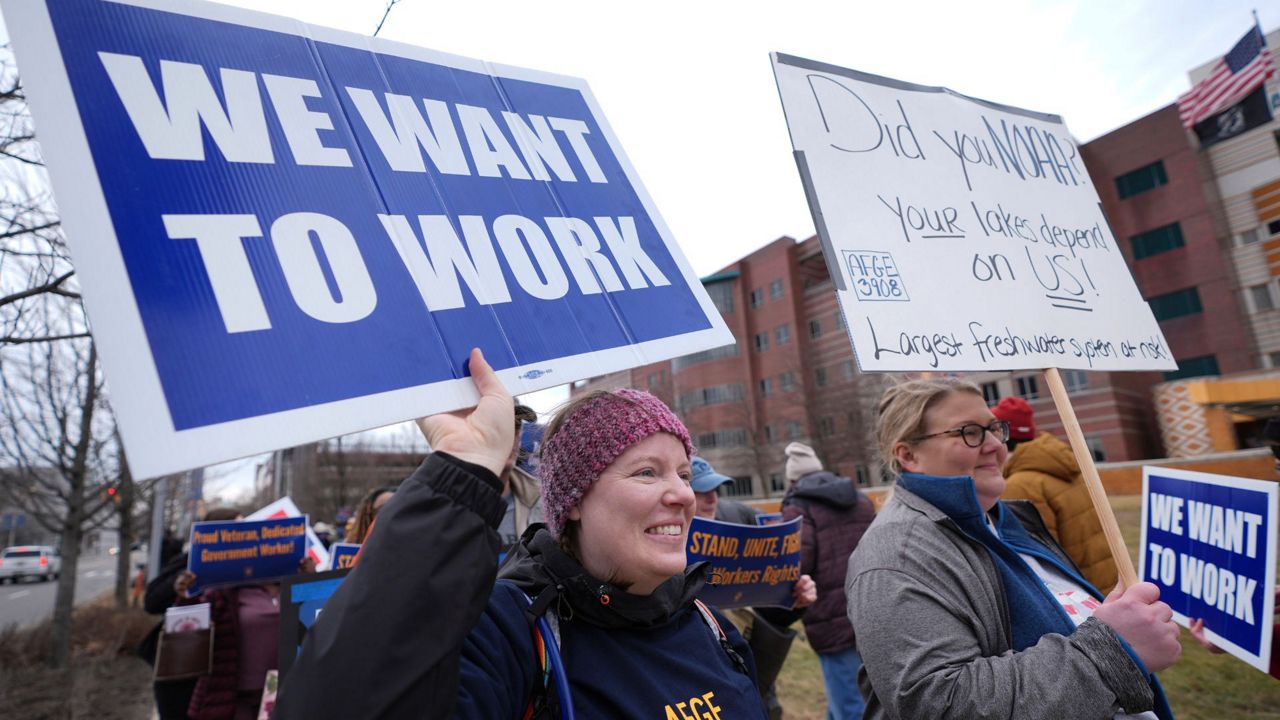AUSTIN, Texas — After months of delay, a plan to cut your property taxes is on the fast-track. On Wednesday, the Texas Senate passed a key portion of an $18 billion package that would help both homeowners and businesses.
While Democrats joined Republicans in passing the bills, they raised concerns about a lack of new money for schools. One even criticized House leadership for removing a Senate-backed amendment to give teachers a bonus. Republicans say that will be addressed in the next special session.
The full property tax relief package is expected to be voted on and sent to Gov. Greg Abbott on Thursday. The governor says he’ll sign it, but he’s been part of the sticking point to getting a deal done. He argues doing it his way could eventually eliminate property taxes altogether.
“What we want to achieve in the state of Texas is to eliminate your property taxes. Make them go away,” Abbott said in June.
Property taxes are levied at the local level by government entities and school districts. A majority of the money pays for a school’s maintenance and operations (M&O) costs. The other chunk goes toward the interest and sinking (I&S) tax rate, which provides funds to pay for the debt that finances local facilities.
The state can buy down M&O costs through what’s called “compression.” The governor wants to compress that rate to zero. If that happened, homeowners’ property tax bills would be cut by about 75%, according to TTARA. The governor said in June that revenue could be replaced with franchise and sales taxes. And, he argues more people will spend money, thereby generating more sales tax revenue, if they don’t have a big property tax bill.
He has the support of some Republicans, such as Midlothian-area Rep. Brian Harrison.
“This system of never-ending property taxes… I think it is unethical. It’s inconsistent with private property rights. Nobody can ever truly own their own home,” said Rep. Harrison. “If you’ve paid off your home, if you’ve been responsible, you may call yourself a homeowner. But you’re really just a renter. The government is your landlord. And this system’s got to be abolished.”
Rep. Harrison filed legislation to get rid of both M&O and I&S property taxes within five years. He’d like to create a committee to help local governments determine how best to replace that lost revenue with the sales tax, either by increasing it or adding a tax onto things that are currently exempt (such as groceries and medical services).
“It’s not entirely clear that the sales tax would actually have to be increased that much,” Rep. Harrison said.
Harrison argues the Texas economy could get a boost with property tax elimination, too.
“We would have businesses of all types relocating to Texas,” he said. “It’s just an absolute explosion of job opportunities for people. So yes, they’d have savings in their taxes and more job opportunities. Costs would go down, because you think about the costs that businesses have to transfer to their patrons because of the massive property tax burden they’re under today.”
But other Republicans aren’t on the same page. Lt. Gov. Dan Patrick, who leads the Senate, believes eliminating all property taxes isn’t realistic, although he’d like to slash them as much as possible.
“To eliminate all property taxes would be next to impossible,” he said on Capital Tonight Monday. “Now, to eliminate all school property taxes is still a daunting task. It would take almost 30% or more of our total budget to do that.”
Democrats worry the plan would devastate the state’s public education system.
“I would rather hear them talking about what they’re going to do to make the schools better before they start talking about how they’re going to take away the way we pay for schools,” said Rep. John Bryant, D-Dallas.
“This is unrealistic. It’s unsustainable. And it again holds our schools hostage to what the state decides to do instead of their local communities,” added Rep. Donna Howard, D-Austin.
In his plan, Rep. Harrison says the money to pay for schools would just come from the new mechanism of taxation.
“If you think about a government spends money, in order to spend money, it has to take it and it does it through taxes,” he said. “All I’m simply saying is let’s not do it through this completely unfair, arbitrary method of never-ending property taxes.”
The House- and Senate-approved bills reduce the school district tax rate through compression, and they raise the homestead exemption to $100,000.
“The compression benefits are only for the next two years,” said Mark Jones, a political science professor at Rice University. “The homestead exemption increase, by being locked into the Constitution, is effectively in perpetuity. So homeowners can take to the bank that their homestead exemption is going to be $100,000 moving forward. That’s up $60,000 from the current $40,000. And the cherry on top of that, for the next two years, they’re going to be paying less overall in property taxes because of the compression, approximately 11 cents per $100 of appraised value.”
In order for that homestead exemption to be locked into the Constitution, voters will need to approve it on this year’s November ballot.
Josh Sanderson, the deputy executive director of the Equity Center, says eliminating M&O property taxes is only realistic if you create a new tax or expand existing ones.
“The revenue simply doesn’t exist within our current tax structure in Texas,” Sanderson said. “If you look at the cost of eliminating M&O property taxes in Texas, it’s not a static number. It changes every single year. As the state grows, which we celebrate, we get more children. That cost expands. Right now, it’s just over $30 billion a year. Next year it’ll be more, and so forth and so on. And so the revenue necessary to pay for that elimination would have to increase. We would have to find additional revenue.”
And while the governor will soon deliver on his campaign promise of returning half of the state’s $33 billion budget surplus to taxpayers in the form of property tax relief, the bills he will sign will not eliminate property taxes altogether.
“This $33 billion was found money,” Jones said. “And so it’s given Republicans an ability, in some ways, to experiment, and at least provide in terms of rhetoric, in terms of symbolism, a reduction in property taxes in the short term to benefit businesses and homeowners, even if, without a similar surplus during the next biennium, these benefits are likely to vanish, and people’s tax bills are likely to rise.”
For now, the dream of property tax elimination will remain a dream.








)
